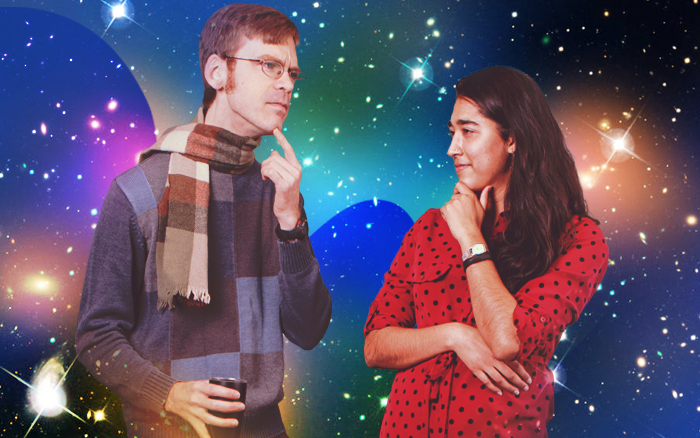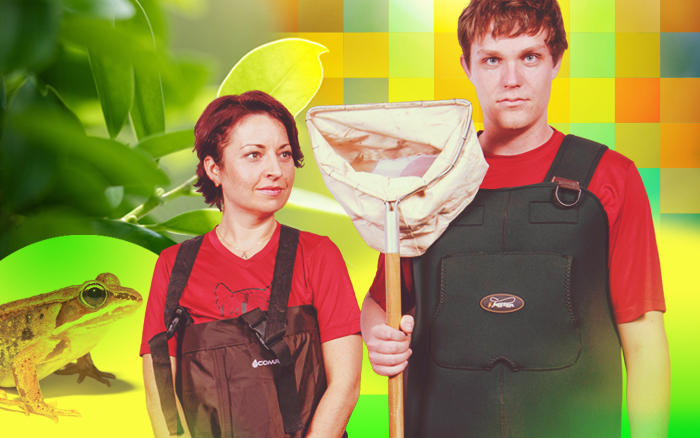Stem Stars
They embody an enterprising spirit and quest for knowledge that drives innovative research, creates meaningful mentorships, and produces collaborative partnerships in STEM (science, technology, engineering, and mathematics). Here are a few of our standouts in STEM.
Brooks Thomas, assistant professor of physics and Aditi Desai ’20, physics and mathematics
Thomas and Desai collaborated on research that provides insights on the rates at which different kinds of dark-matter particles might decay. Thomas, who studies theoretical particle physics and cosmology with a focus on dark matter, has been recognized by the National Science Foundation. In 2017, he received a three-year $120,000 grant, which supports all aspects of his research, including student researchers. Desai presented their findings at two major conferences in 2019. After graduation, Desai plans to pursue a graduate degree in physics after taking a gap year to teach. That inspiration came from her summer job: Desai worked for NASA, teaching STEM to children enrolled in its summer camp.
Megan Rothenberger ’02, associate professor of biology, environmental science & studies and Will Pfadenhauer ’20, environmental science & studies
To acquire data for their research, Rothenberger and Pfadenhauer traveled to 18 different study sites to collect light data each month on the new moon. Their efforts sprang from Pfadenhauer’s interest in investigating the impact of light pollution on wildlife. This spring, they are studying how wood frogs react to light pollution. It hopefully will be the first time a sound method has been established for simulating artificial light at night from natural environments in a lab setting. “Anytime you have a chance to do research in this field, it’s not just an opportunity to learn more about what you’re studying,” Pfadenhauer says, “it’s also a chance to become a better scientist, thinker, and environmental steward.”
Allison Lewis, assistant professor of mathematics and Joy Zhou assistant professor of mathematics
Lewis and Zhou created a peer mentorship program to support math majors who identify as female or non-binary. With department support and a grant from the Mathematical Association of America, the program matches first-years and sophomores with juniors and seniors, and also provides alumni mentorship from more than 40 volunteers. In addition,

